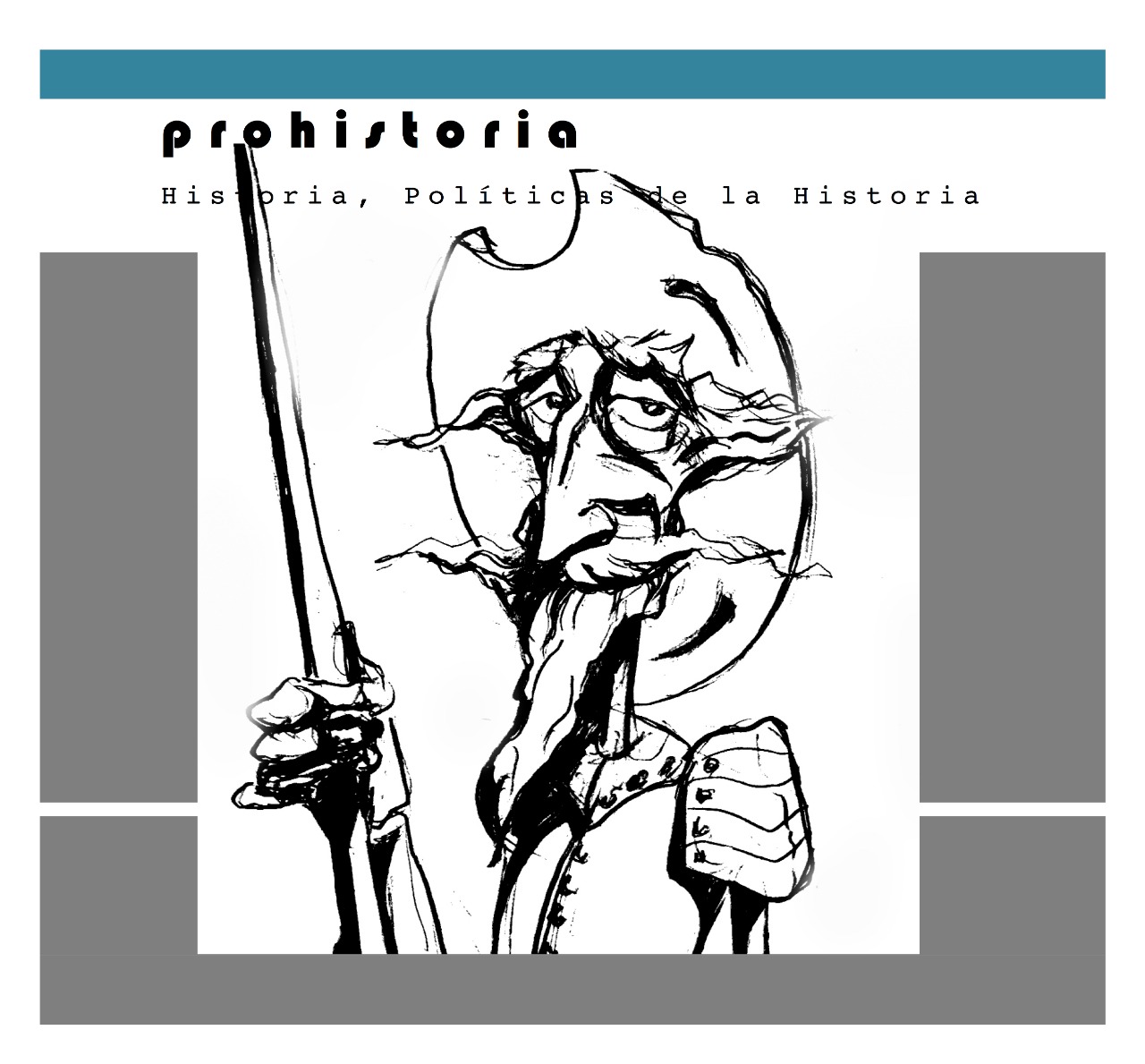“Chinas, guayaquises and unarmed people”. Some considerations about the social impact of the war in Montevideo and its rural Hinterland (1842-1845)
DOI:
https://doi.org/10.35305/prohistoria.vi28.1254Keywords:
War, civilians, migrations, militarization, Río de la PlataAbstract
The article analyzes the massive displacements of the rural civilian population during the regional conflicts of the Rio de la Plata area, in the mid-nineteenth century, and the way in which this intense mobilization was a central part of the logistics of the war. Starting with an approach of the military operations commanded by Fructuoso Rivera in the rural areas of the Estado Oriental del Uruguay, between 1842 and 1845, the paper explores the social forms that took those migrations, exploring in depth the creation of civil contingents (convoys) that accompanied the armies in campaign and the relocation processes of the population mobilized inside the city-port of Montevideo.
Downloads
Published
How to Cite
Issue
Section
License

This work is licensed under a Creative Commons Attribution-NonCommercial-ShareAlike 4.0 International License.
- Authors retain copyright and grant the journal right of first publication with the work simultaneously licensed under Creative Commons Attribution 4.0 International License.
- Authors are able to enter into separate, additional contractual arrangements for the non-exclusive distribution of the journal's published version of the work (e.g., post it to an institutional repository or publish it in a book), with an acknowledgement of its initial publication in this journal.
Copyright of this issue © Prohistoria. Historia, políticas de la historia



















